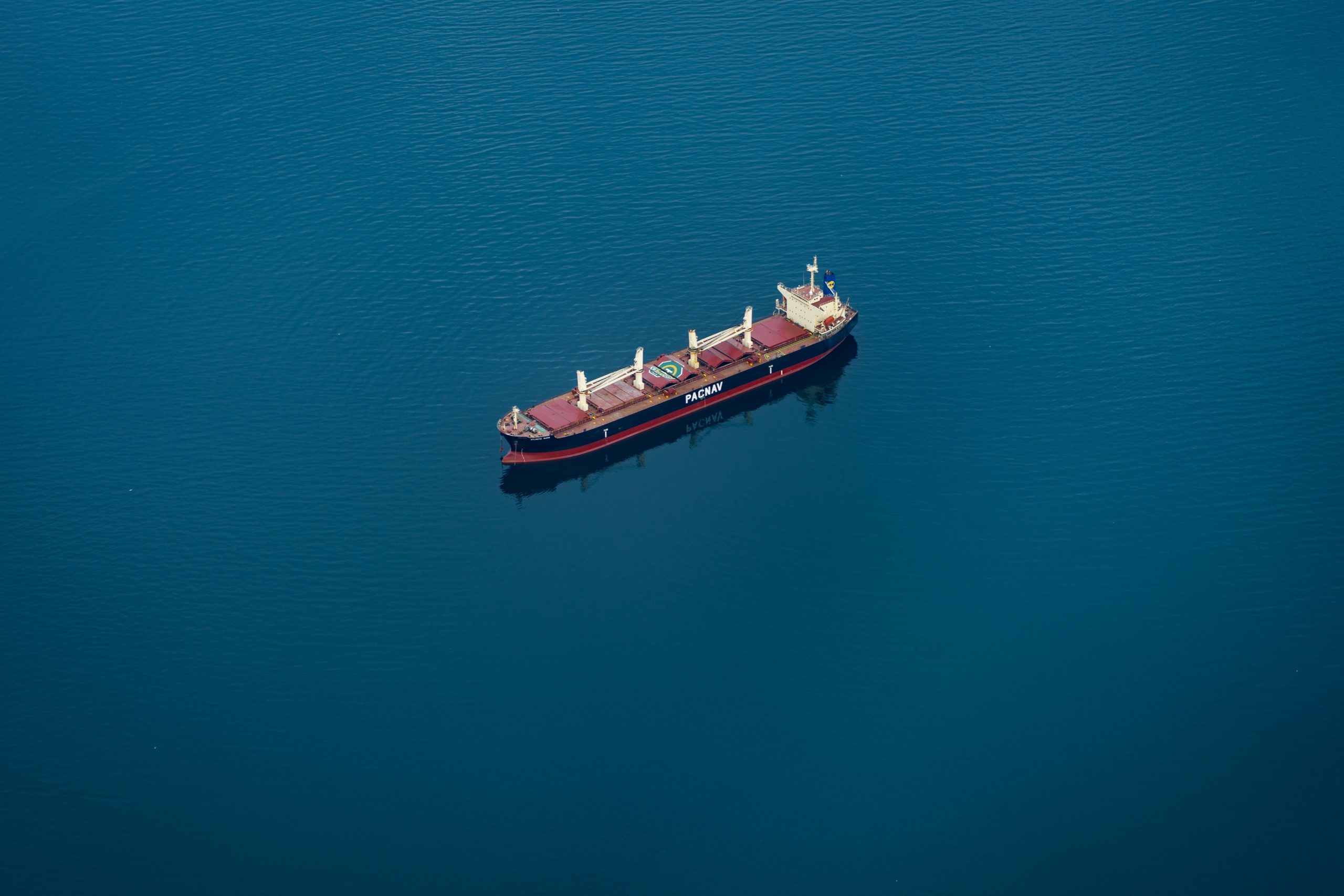As of January 1, 2020, International Maritime Organization (IMO) member states will be expected to fully implement the new global marine fuel sulphur cap. Will they, though?
The World Shipping Council (WSC), The Baltic and White Sea Conference (BIMCO), The Cruise Lines International Association (CLIA), and The International Parcel Tankers Association (IPTA) have recently issued a statement and called on International Maritime Organization (IMO) member states to fully implement the new global marine fuel sulphur cap mandated through the IMO.
As of January 1, 2020, the maximum sulphur content of fuel consumed at sea will be limited to %0.50 %, unless an exhaust gas cleaning system is used.
Actually, the change in the regulation is not recent news. In April 2018, IMO had adopted an initial strategy to reduce annual greenhouse gas emissions from ships by at least 50% by 2050 compared with 2008. The most important step to this strategy will be taken by the first day of the new year. IMO 2020 will be the biggest regulatory change in shipping history and have significant implications on active fleet supply.
Since the new rule’s implementation date has been known for a long time, the industry is expected to get ready for the change.
Questions about the implementation rate
The question is, though, what the implementation rate in the industry will be. For this new regulation, which is an important step for 2050, to succeed, the implementation rate in the industry must be high. Since the cost of compliance to this new regulation is high, it’s not clear yet how the players in the field will be responding to this new change.
According to John Butler, the President & CEO of the World Shipping Council, the recent reports suggest that some nations might not fully implement the new rules. That’s why he has made a statement and said,
“Lack of full implementation would risk undermining improvements to public health and environment. We urge any country considering deviation to abandon those ideas and put plans in place to fulfill their enforcement responsibilities as of January 1, 2020, and we encourage the IMO to remind member states of their commitments.”
Angus Frew, Secretary-General and CEO of BIMCO reminded that the primary reason to move to low sulphur fuel is to improve air quality, and added, “For nations not to implement this regulation is to continue to put at risk the health of their coastal populations.”
According to Brian Salerno, Senior Vice-President for Environmental Policy at CLIA, the cruise industry is prepared for IMO 2020 regulations.
IPTA Chairman, Manish Jain, has also declared that IPTA members are supporting the new regulation.
Is Turkey ready?
Shortly after IMO2020 was announced, Arkas Bunker, Petrol Ofisi, Socar, and Energy Petrol, which together represent about 85% of the Turkish bunker market, came together to form the “Istanbul Bunker 2020 Committee” under the Turkish Chamber of Maritime. The essential goal of the committee was to take the necessary actions to ensure that the Istanbul bunker sector would be ready for IMO 2020 regulations.
The last 18 months were a success, according to the committee.
“We are ready for 2020,” said committee member Energy Petrol CEO Mustafa Muhtaroğlu.
“Istanbul is the most important supply center in the area with 3 million metric tonnes of bunker sales and some 10,000 bunker supplies per year, so it’s doubtless we keep our position and provide all grades in Istanbul including LSFO 0.5%, HSFO 3.5%, and gasoil.”
What to do in order to implement the new rules?
To ensure consistent implementation of the new global cap on sulphur, it will be important for shipowners and operators to consider and adopt various strategies, including installing scrubbers and switching to liquefied natural gas and other low sulphur fuels. They will have to consider a wide variety of factors when choosing their compliance solution including the vessel age, operating and capital costs, fuel availability, technology solution availability and reliability, and the primary trading areas.








2 Comments